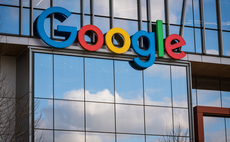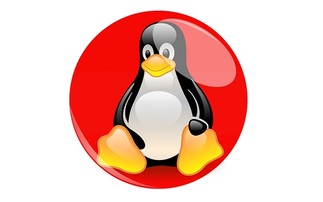Apple, RIM and Windows will be way back in the field by 2014
The Symbian and Android mobile operating systems will dominate the smartphone market in the next three years, according to Gartner. The analyst firm said in a new report that Symbian sales to e...
To continue reading this article...
Join Computing
- Unlimited access to real-time news, analysis and opinion from the technology industry
- Receive important and breaking news in our daily newsletter
- Be the first to hear about our events and awards programmes
- Join live member only interviews with IT leaders at the ‘IT Lounge’; your chance to ask your burning tech questions and have them answered
- Access to the Computing Delta hub providing market intelligence and research
- Receive our members-only newsletter with exclusive opinion pieces from senior IT Leaders





















